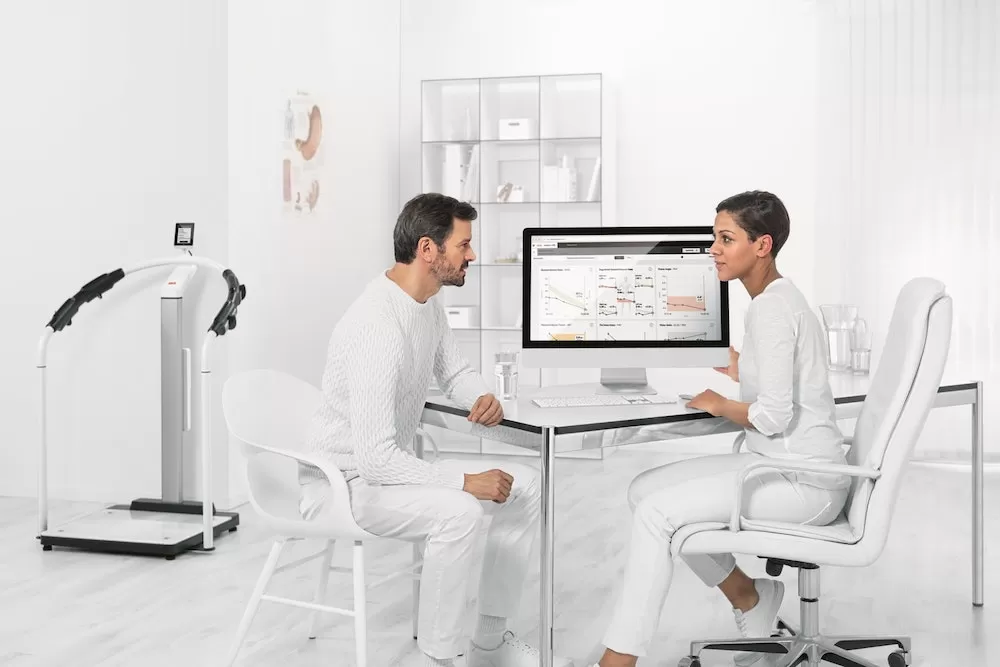If there's one country you just have to stay healthy for, it's Switzerland. From the exciting slopes of the Swiss Alps to the bustling metropolises of Zurich, Geneva, and more, there are tons to see and do in this beautiful country. How can you enjoy your stay here to the fullest if you're not healthy? And if something does happen to you, will you get treated at all here? The answers all lie in the Swiss healthcare system. You ought to know the basics of it in order to ensure you gain the right access.
Gaining Access to Healthcare in Switzerland
Firstly, you're probably wondering if you're eligible to gain access to Switzerland's healthcare system. Since it operates on a universal system, you can only gain access when you've become a legal resident of the country. It's the same as in its neighboring nations,
France,
Belgium, and more. And yes, everyone is required to get at least the public coverage of Swiss healthcare. The only major difference it has compared to others is that it's not
the country's taxes that pays for the system. Switzerland's healthcare is paid via the many insurance schemes offered, making it more of a requirement to get coverage here in the country.
How To Register for Swiss Healthcare
Let's say you have relocated to Switzerland already. How, then, can you gain access to the country's healthcare system? Well, you need to register for it. It should take you around 90 days upon your arrival to get registered and you have to do it in your Canton's local government. Once you've signed up, you'll need to show a valid ID (passport is the best option), a Swiss residence permit, and proof of address. For the last one, you can simply show your rental contract or even utility bills. Once everything is shown and approved, you'll instantly get your basic health insurance plan.
What Basic Swiss Health Insurance Covers
You're also probably wondering what your basic Swiss public healthcare plan covers, aren't you? Simply put, it covers most of one's basic medical needs. It covers out-patient treatment, emergency medical services, prescribed medicine, vaccinations, rehab during recovery, and even some mental healthcare when needed. For women, specifically, the public healthcare option also covers maternity care, ante-natal classes, and childbirth as well as, on the opposite side of that, abortions and other gynecological check-ups. Notably, although these are all part of the public healthcare option, they're actually provided by international insurance providers,
Allianz Care and
Cignal Global.
Private Healthcare in Switzerland
With so many things covered in the Swiss public healthcare plan, one would think that going for private insurance would already feel unneccesary. Yet, to this day, more and more residents are going for a private plan, mostly on top of their public coverage. Why is that? In a nutshell, many of the additional benefits of a private health plan, from access to private hospitals to getting first dibs on certain doctors/treatments, have proven to be useful in many ways. You can also add to that the additional dental healthcare and access to spectacles/contact lenses for eye care.
Switzerland's Pharmacies and Emergency Services
Fortunately, pharmacies are easy to spot here in Switzerland. They're mostly marked with a green cross (and their stores bear similar green color schemes too) and are often located near hospitals, inside shopping malls, and other convenient locations. You'll only need to pay a small, one-off fee for your first purchase in said pharmacies so it's better to keep on going to the same one to avoid doing that again and again. As for Swiss emergency services, all you need to do is to dial 112 for any sort of emergency. If you're in need of an ambulance—which is open to all regardless of your health coverage—just dial 144.
Useful Healthcare Phrases
Since Switzerland is made up of different regions and Cantons, each with their own respective languages, you ought to know how to say certain phrases in all of them. When you need to call an ambulance, for instance, you say '
Ich brauche einen Krankenwagen!' in German, '
Appelez une ambulance!' in French, and '
Chiamate un’ambulanza!' in Italian. To call a doctor no matter where you are, just say '
Ich brauche einen Arzt' in German, '
J’ai besoin d’un médicin' in French, and '
Ho bisogno di un medico' in Italian. Once you've memorized all of these, you're good to go!
The more you know about Swiss healthcare, the better you'll be able to settle down here. No matter how long you'll be staying in this beautiful country, as along as you know what to do to get treated and see a doctor, you'll be fine!
Keeping healthy in Switzerland will allow you to enjoy the best that this country can offer! Not the least of which are its
luxury homes!



